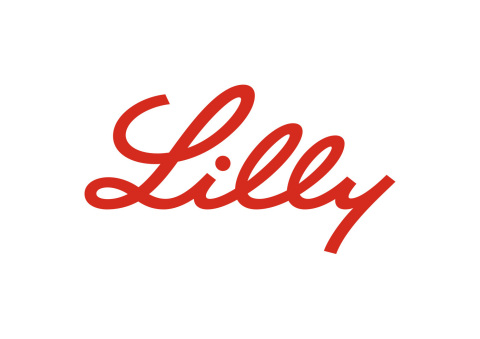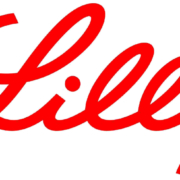Lilly gains ground on Novo with positive Phase III readouts for weekly insulin
Lilly gains ground on Novo with positive Phase III readouts for weekly insulin
Eli Lilly on Thursday unveiled topline findings from the Phase III QWINT-1 and QWINT-3 studies, demonstrating that its investigational once-weekly insulin injection efsitora alfa performs just as well as daily basal insulin at reducing A1C levels in patients with type 2 diabetes.
QWINT-1, which enrolled patients who were receiving insulin treatment for the first time, showed that weekly efsitora alfa lowered A1C by 1.31% at week 52. By comparison, daily insulin glargine reduced A1C measured by 1.27% at the same time point. In the respective treatment arms, A1C levels in patients were 6.92% and 6.96% at 52 weeks.
Efsitora alfa also matched daily insulin in QWINT-3, which focused on type 2 diabetes patients who were switching to weekly injections from daily basal insulin. At 26 weeks, efsitora alfa lowered A1C by 0.86%, whereas those on insulin degludec saw a 0.75% reduction. The A1C levels in the corresponding study arms were 6.93% and 7.03%.
Besides non-inferior A1C benefits, efsitora alfa also achieved similar time-in-range outcomes as insulin degludec. From weeks 22 to 26, patients receiving weekly injections spent 62.8% of time in range versus 61.3% in counterparts on daily treatment. Both efsitora alfa and insulin degludec improved patients’ time in range by around 2 hours, compared to baseline.
In terms of safety, QWINT-1 and QWINT-3 found that efsitora alfa’s side effect profile was similar to daily basal insulin therapies. Severe or clinically significant hypoglycemic events—defined as blood glucose levels dipping below 54 mg/dL—arose at comparable rates between efsitora alfa and insulin degludec.
“Many patients are reluctant to start insulin because of the burden it places on them,” Jeff Emmick, Lilly’s senior vice president of product development, said in a statement. “Once weekly insulins, like efsitora, have the potential to transform diabetes care” making it easier and more convenient for these patients to initiate insulin therapy “while reducing the impact it has on their day-to-day lives,” Emmick noted.
Lilly will present more detailed results and analyses from QWINT-1 and QWINT-3 at an upcoming congress and will submit them for publication in a peer-reviewed journal.









